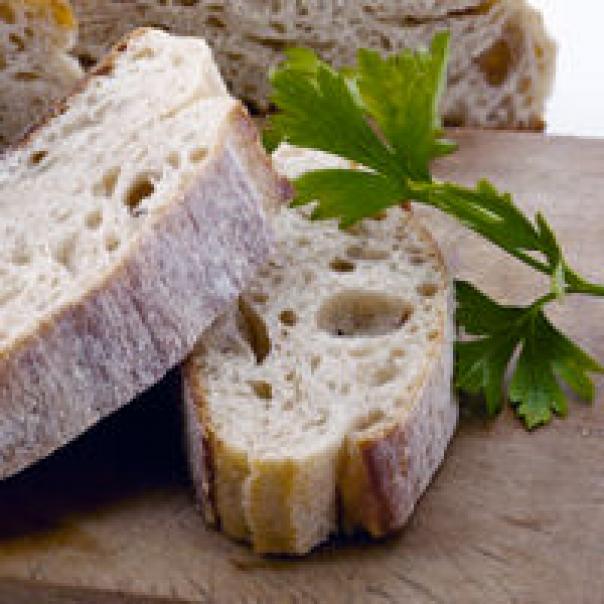
Published in the journal ‘Proceedings of the National Academy of Sciences,’ according to The Times, the new study claims that there are clues in the archaeological record that the people of the region – Natufians – ‘straddled a period of changing diets and behavior.’
Along with Lara Gonzalez Carretero’s (University College London) belief that the site was used as a ‘special feasting place,’ this, she says, explains the bread which would have been an ‘astonishing luxury’ at the time.
Speaking to The Times Carretero added: “Grasses and cereals would not have been very common. They were growing but it is really quite something to make bread out of wild grasses.
“You need to gather and grind them — it would have been a big investment and not something you would do every day.
“It seems this bread might have started as something special, not something you were eating on a daily basis. Only later would it become a staple.”
The fragments of bread found formed part of a haul of food taken from the site, and was just one of 65,000 samples that were catalogued and analysed for the study.